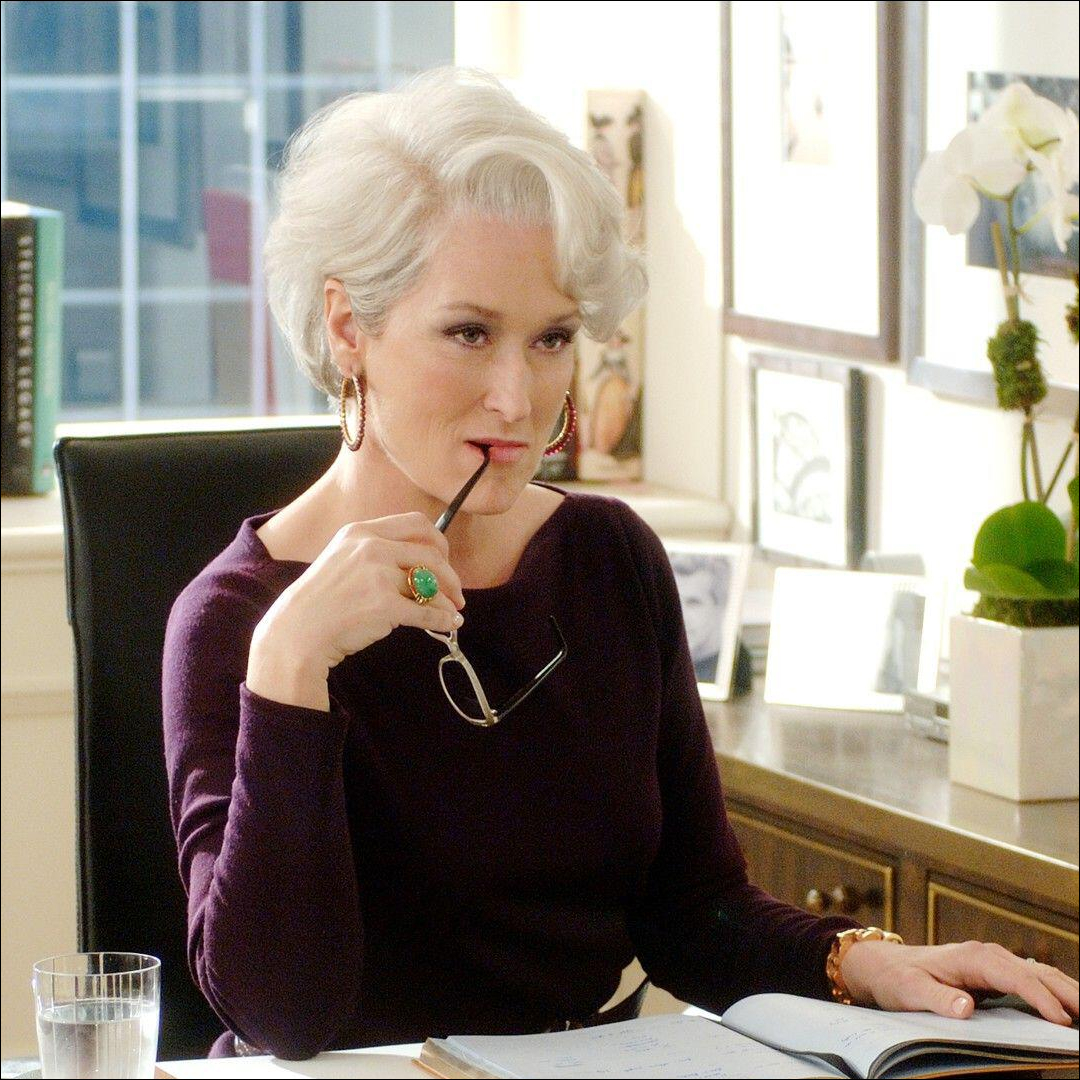Culture
Marie Claire’s pop culture obsessives offer their insight into the movies and TV shows you need to see, the books worth adding to your TBR stack, and catch up with the rising talent who should be on your radar.
-

'KPop Demon Hunters' Is the Surprise Hit of the Summer—Will Netflix Give Fans a Sequel?
The animated action-musical has been co-signed by BTS, TWICE, and even the Academy.
By Quinci LeGardye Published
-

Ciao, 'Emily in Rome!'—'Emily in Paris' Is Renewed for Season 5 and Officially Headed to Italy
Here's what we know about the marketing executive's upcoming Roman holiday.
By Quinci LeGardye Last updated
-
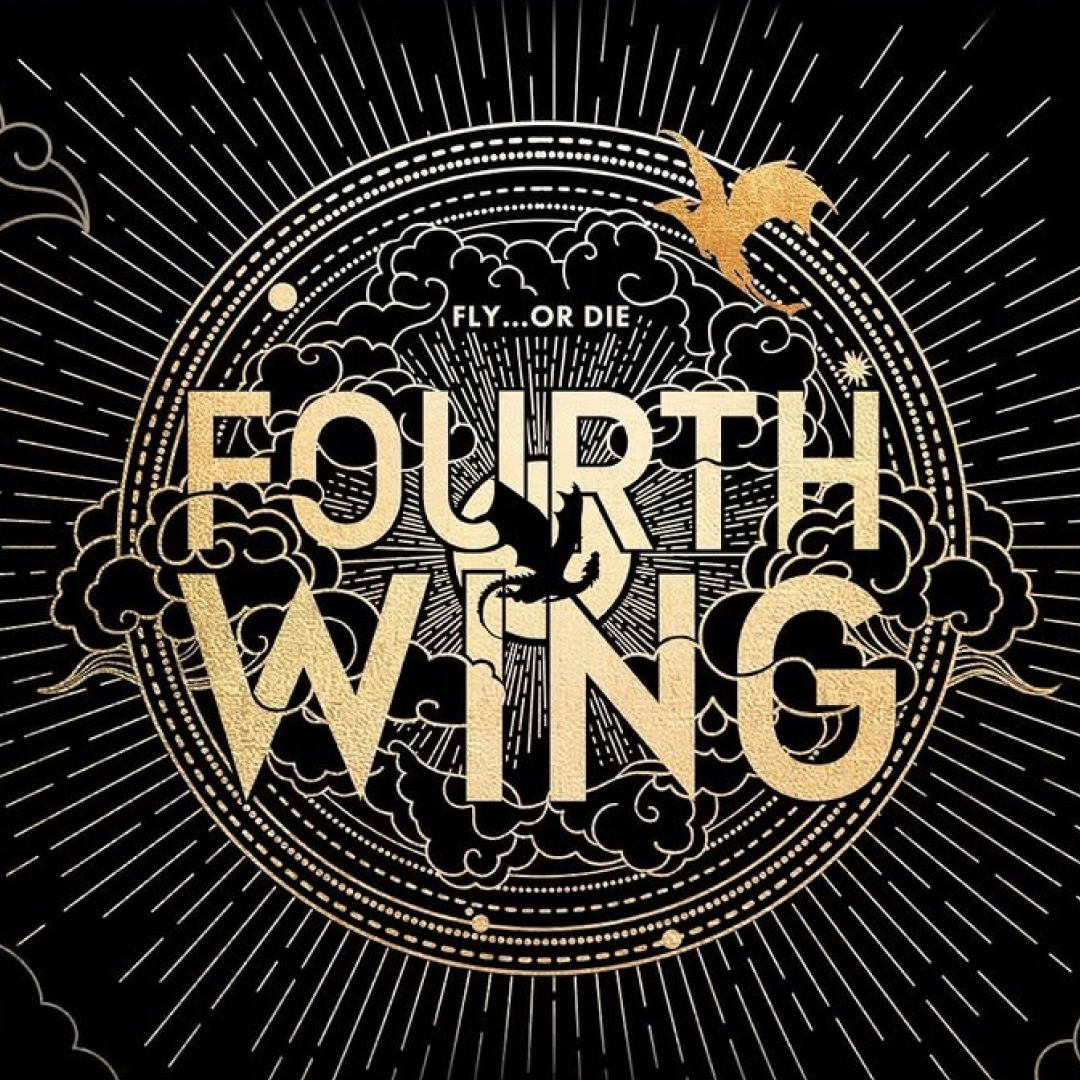
Now That We've Devoured 'Onyx Storm,' We're Rounding Up Everything We Know About the 'Fourth Wing' TV Show
Rebecca Yarros's bestselling romantasy series is getting the Prime Video series treatment.
By Quinci LeGardye Last updated
-

Ivanna Sakhno Is Hacking the Blockbuster Mainframe
The actress, who stars as the killer robot AMELIA in 'M3GAN 2.0,' opens up about finding humanity for her AI character.
By Sadie Bell Published
-

What to Know About 'The Secret Lives of Mormon Wives' Star Demi Engemann, Including Her Abridged Appearance at the Season 2 Reunion
The #MomTok influencer may continue to be the reality show's biggest villain heading into season 3.
By Quinci LeGardye Last updated
-
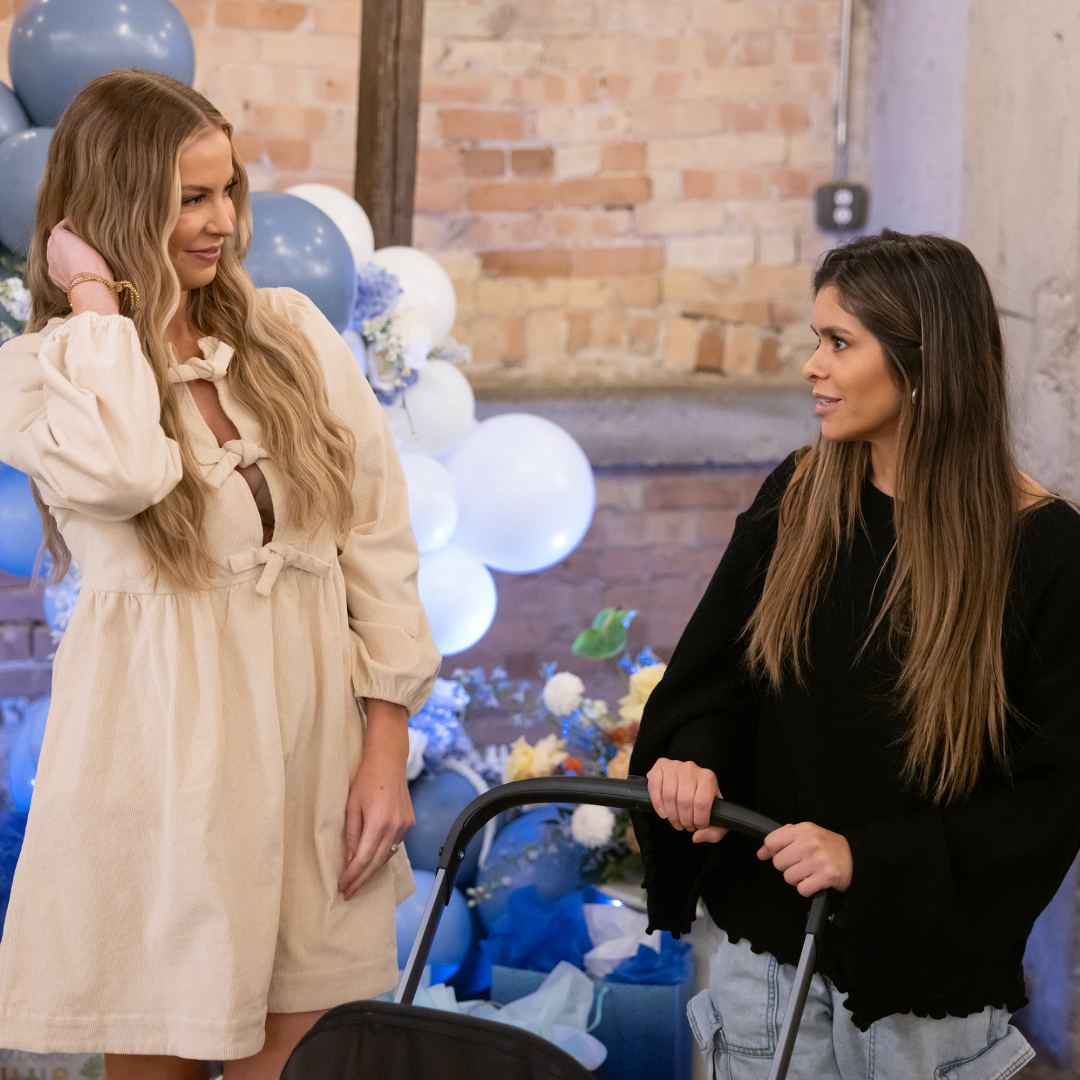
'The Secret Lives of Mormon Wives' Season 3 Is Coming—and There's Already a First Look at the Threats #MomTok Is Facing
From the Jessi-Demi-Marciano drama to another mutiny?!
By Quinci LeGardye Published
-
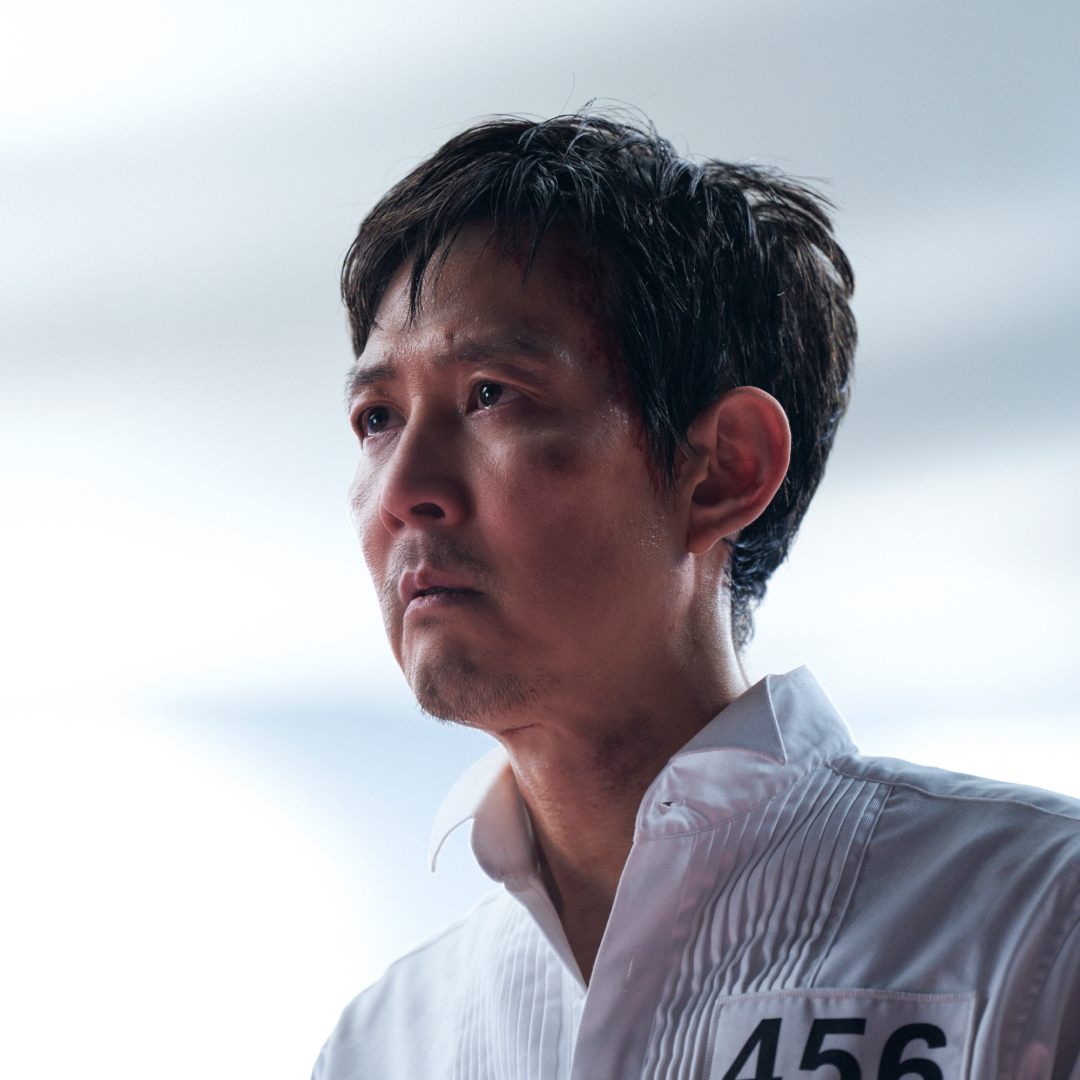
After That Cate Blanchett Cameo, Fans Are Wondering Whether an American Version of 'Squid Game' Is On the Way
It seems like Netflix isn't giving up on its most-watched series just yet.
By Quinci LeGardye Published
-
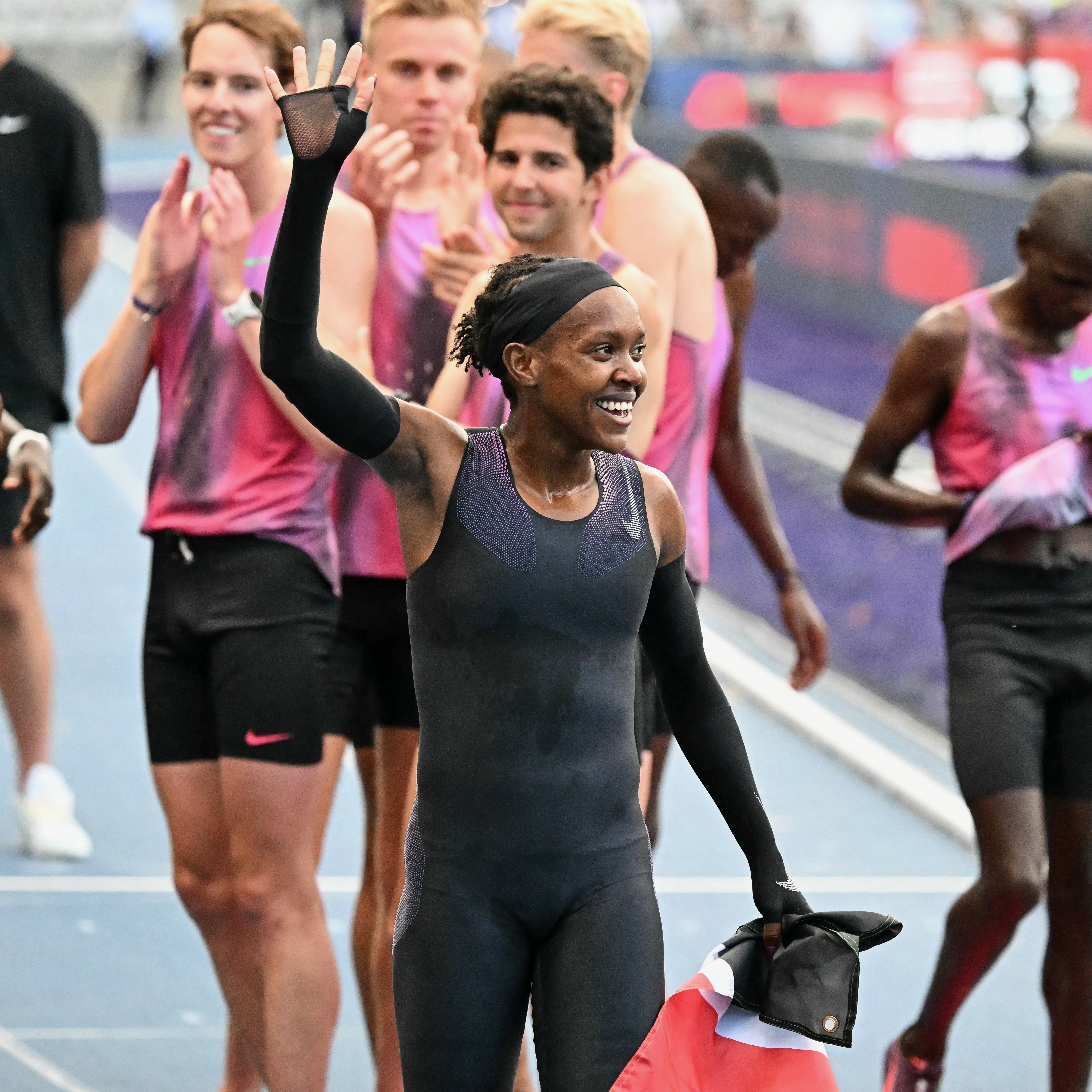
The World’s Fastest Woman Didn’t Break the 4-Minute Mile. She Still Made History
In a superhero-worthy suit and under the global spotlight, Faith Kipyegon delivered a performance for the ages—pushing her limits and proving just how powerful women can be.
By Emily Abbate Published
-

We're Keeping Track of the 'Love Island USA' Season 7 Cast, Including Who's Still Standing After Casa Amor
Here's what to know about all of the Islanders.
By Quinci LeGardye Last updated
-
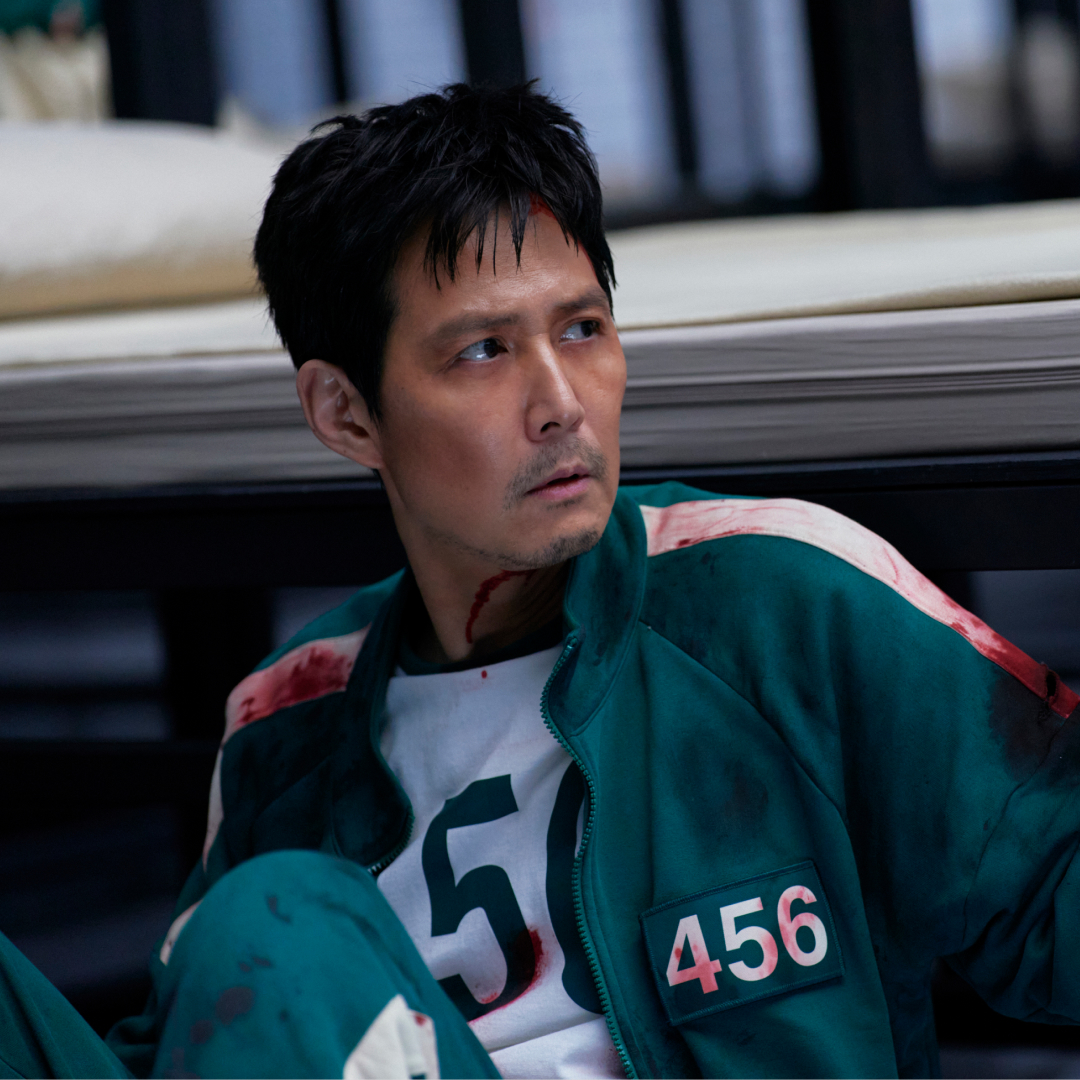
Breaking Down the 'Squid Game' Ending, From the Surprising Winner to the Heartbreaking Deaths
You could say the conclusion of the Netflix phenomenon has left us shocked.
By Quinci LeGardye Published
-

'Love Island USA' Is Getting Messy—Here's How to Vote to Save Your Favorite Islanders in the Upcoming Eliminations
The next chaotic vote should be coming soon!
By Quinci LeGardye Last updated
-
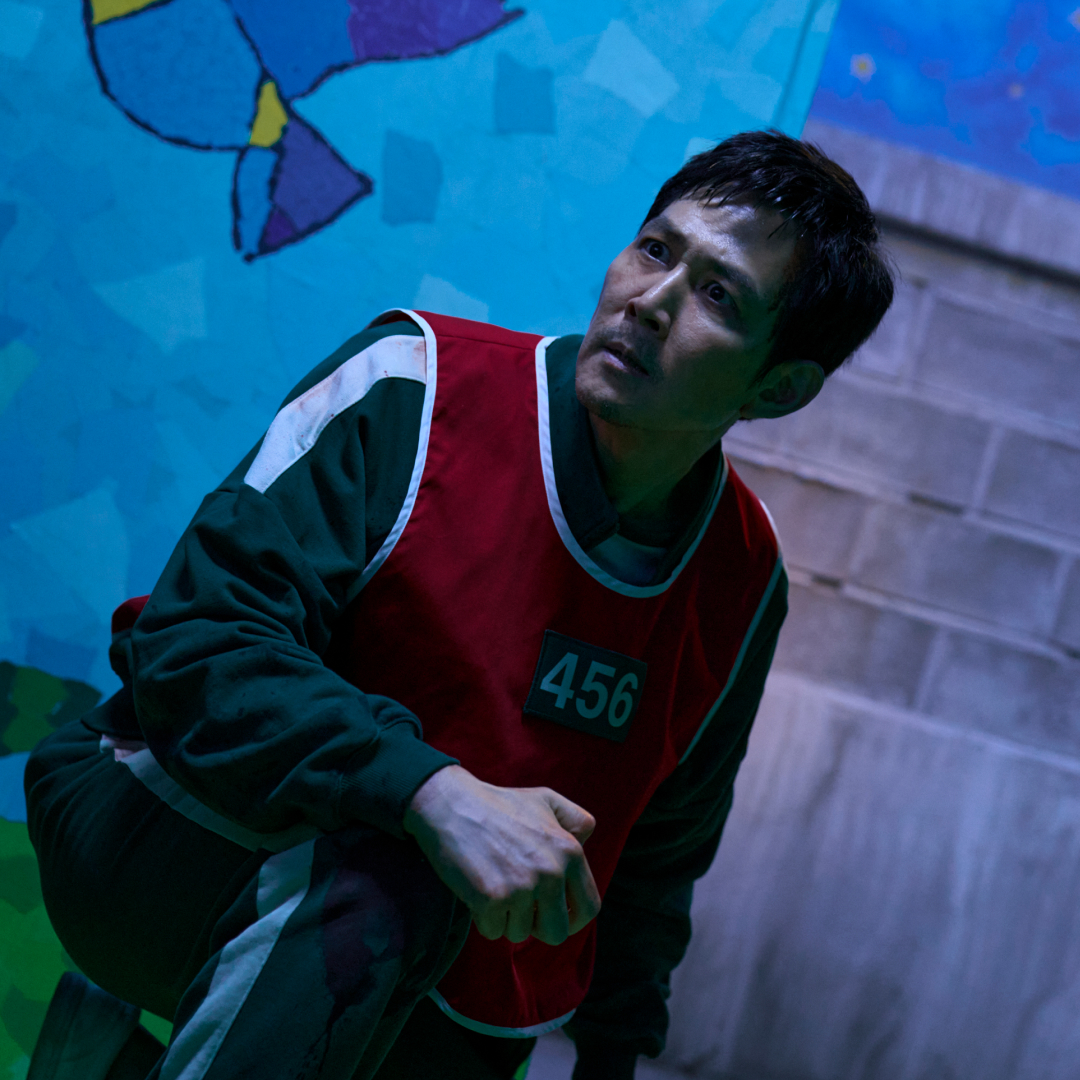
Breaking Down All of the 'Squid Game' Season 3 Easter Eggs in the New Killer Arenas and Challenges
Production designer Chae Kyoung-sun shares her secrets behind the hit Netflix K-drama and how she teased the finale in her designs.
By Quinci LeGardye Published
-
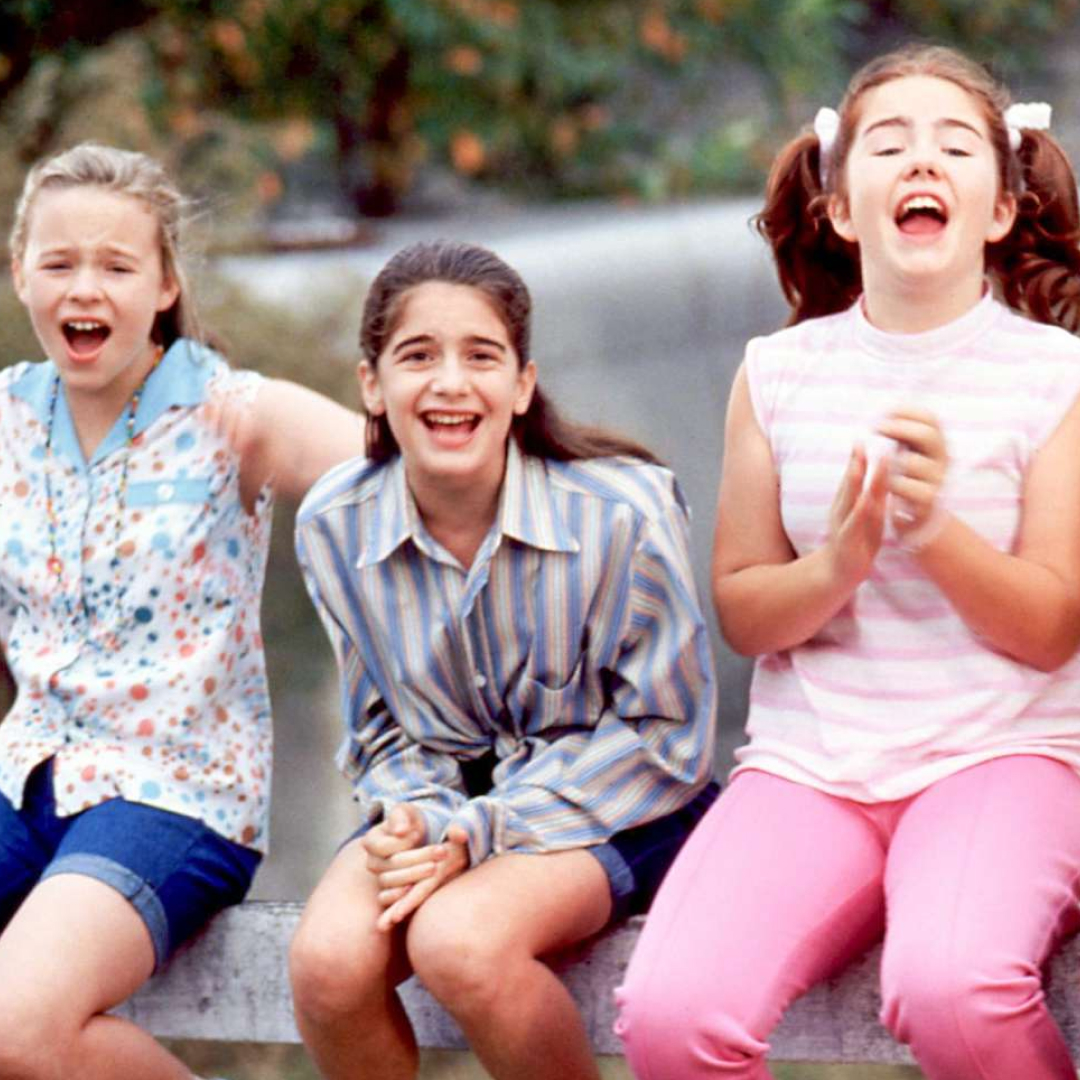
36 Nostalgic, Sunny Movies That Just Feel Like Summer
Beat the heat by staying in and watching one of these classics.
By Nicole Briese Last updated
-
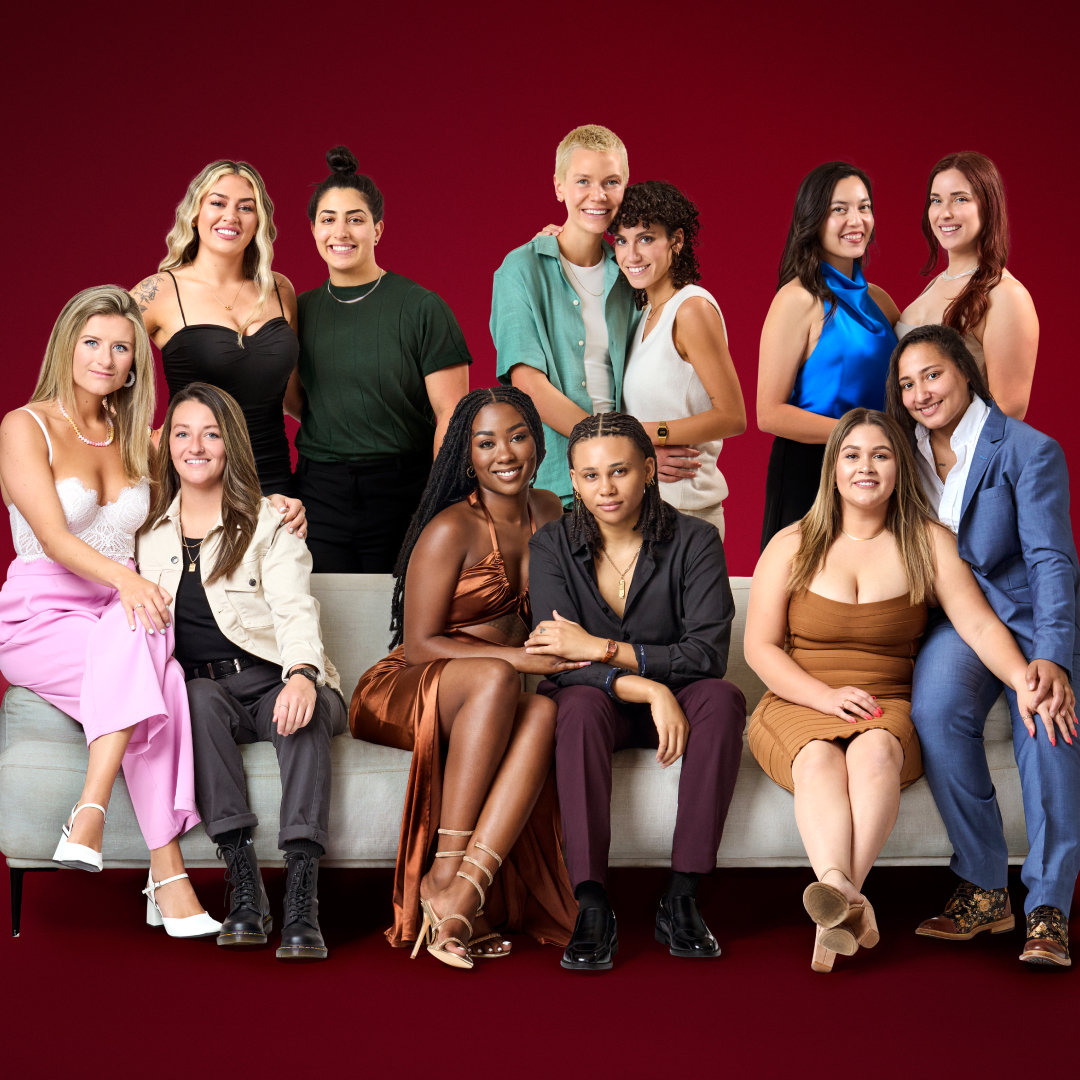
Meet 'The Ultimatum: Queer Love' Season 2 Cast—And Get to Know Who Is Giving and Receiving
We're sensing another dramatic installment of the Netflix reality hit.
By Quinci LeGardye Published
-

"Armchair Expert" Co-Host Monica Padman on Friendship, Fame, and Coming Into Her Own
The co-creator of the acclaimed podcast speaks to editor-in-chief Nikki Ogunnaike for the 'Marie Claire' podcast "Nice Talk."
By Lia Beck Published
-

34 Fascinating Memoirs You Won't Be Able to Put Down
Make room on the nightstand.
By Alexis Jones Published
-

Did Olandria Carthen Leave 'Love Island?' Here's Why the People's Princess of Season 7 May Be Back
Fans have their fingers crossed that the Bama Barbie will return to the villa soon.
By Quinci LeGardye Published
-

'Perfect Match' Season 3 Will Return This Summer With Netflix Reality Reunions and Former Bachelor(ette)s
The hit series is coming back in August.
By Quinci LeGardye Last updated
-

Women Lead This Summer's Action Blockbusters—Here's What's Worth Seeing
We rounded up the best high-octane entertainment of the year so far, and what's coming soon.
By Sadie Bell Last updated
-
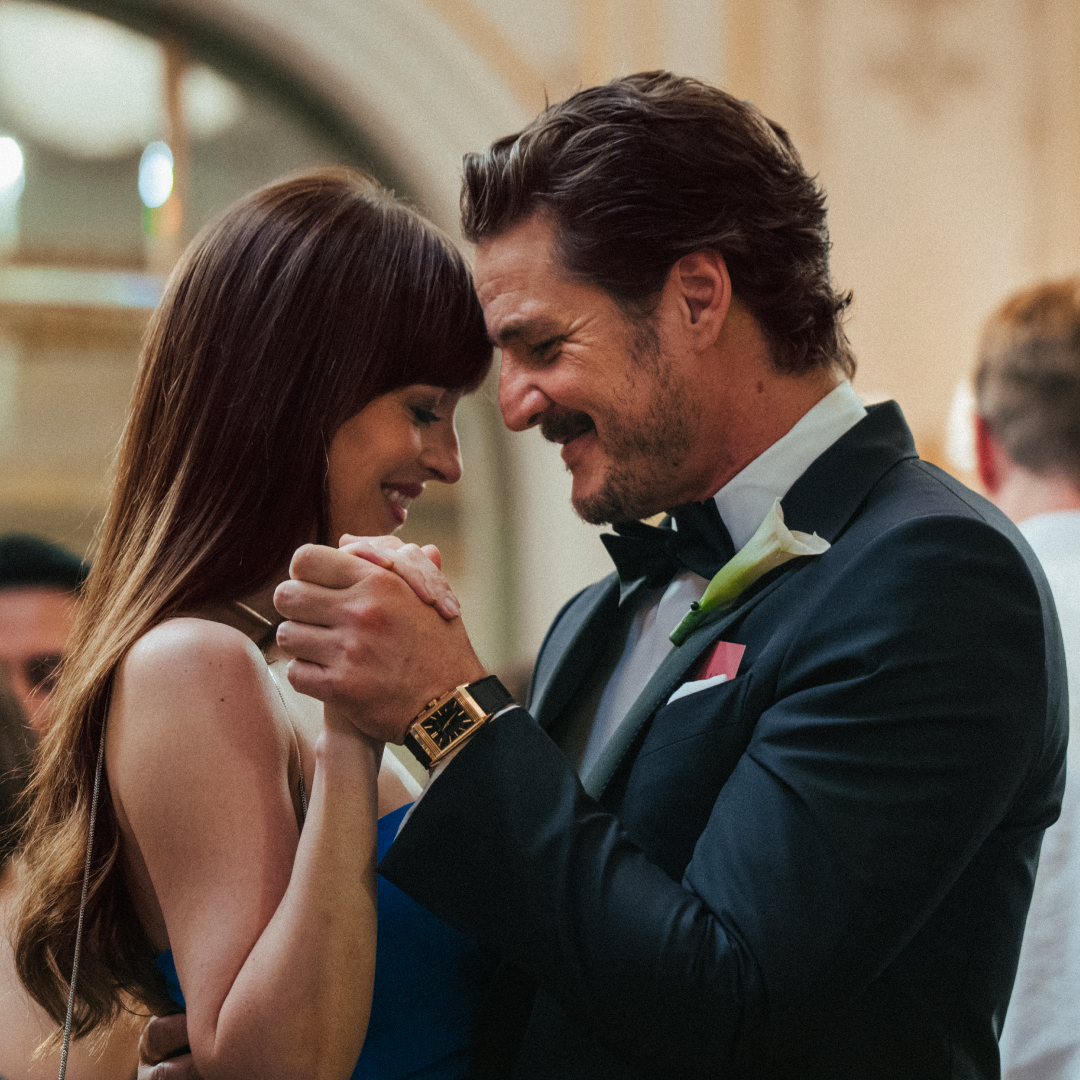
Allow the 18 Best Romance Movies of the Year So Far to Sweep You Off Your Feet
No summer fling? No problem.
By Quinci LeGardye Last updated
-

If You're in the Mood for a Great Romance, Nothing Compares to These Korean Movies
They'll shatter your heart, then put it back together again.
By Marina Liao Last updated
-

'Love Island USA' Is Implementing Brand-New Rules to Casa Amor—Here's What to Know
It's about to be a game-changing week for the Islanders and Bombshells.
By Quinci LeGardye Last updated
-

'The Queen of My Dreams' Is a Love Story for the Ages
Director Fawzia Mirza discusses how her film, which shows a vibrant 1960s Pakistan, came to life using bespoke fashion, cinematic storytelling, and a nod to her own family.
By Radhika Menon Published
-
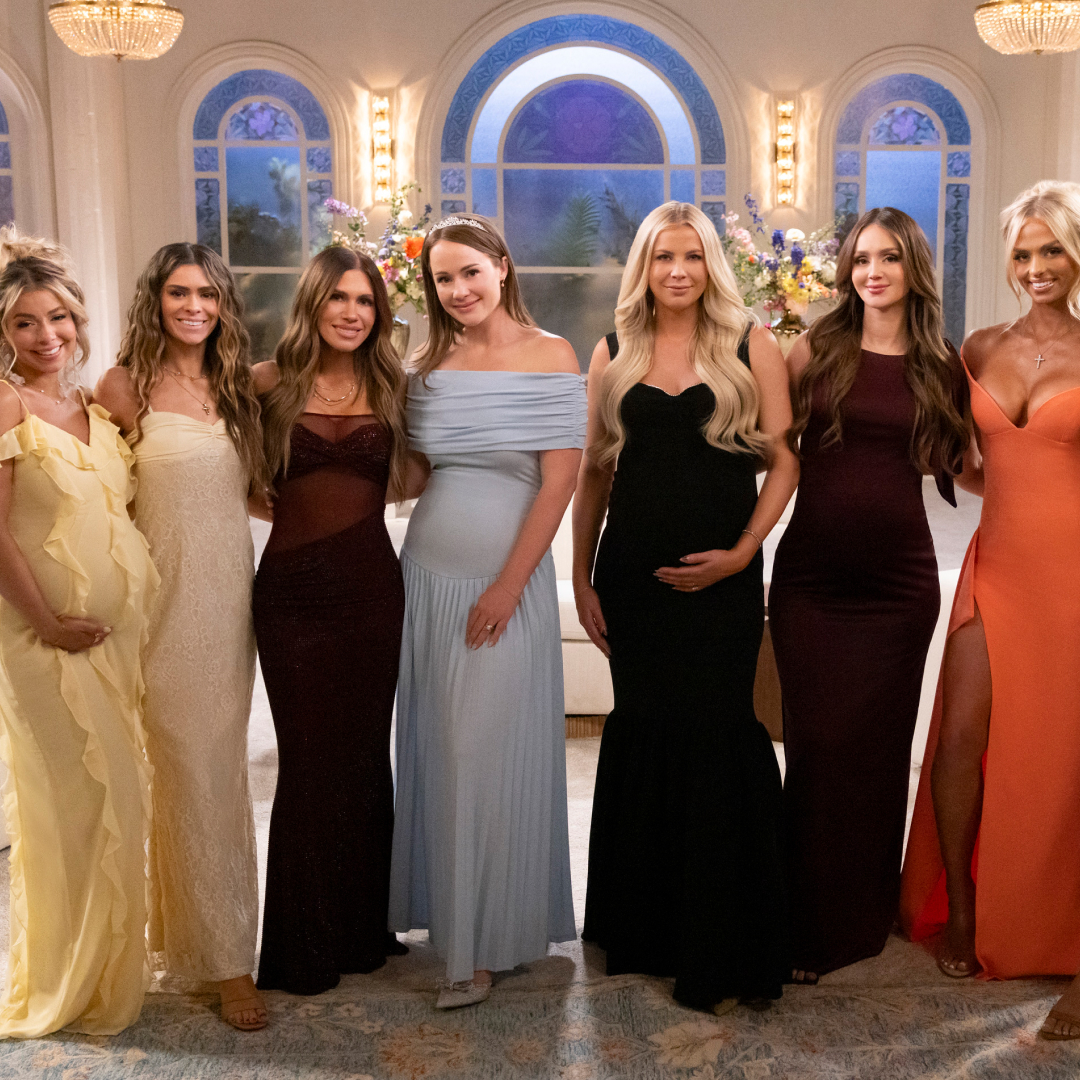
'The Secret Lives of Mormon Wives' Is Getting a Reunion After That Bombshell Finale—But Not All of #MomTok Will Be Back
Here's everything we know about the upcoming special.
By Quinci LeGardye Last updated
-
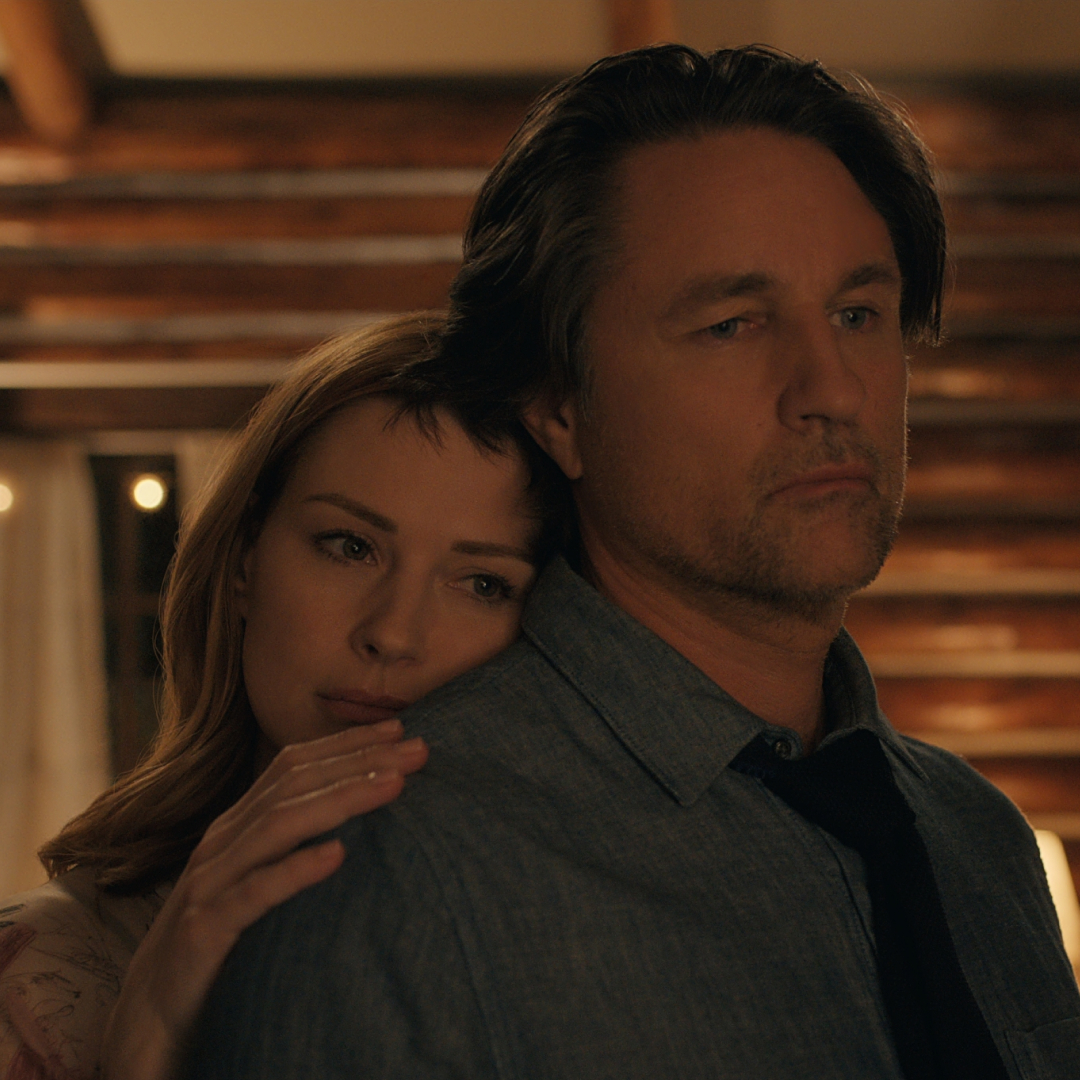
Get Ready to Return to Your Favorite Small-Town: 'Virgin River' Season 7 Officially Wrapped Filming
Jack and Mel may have tied the knot, but there's still more melodrama (and romance!) to come from the Netflix hit.
By Radhika Menon Last updated
-

After That Explosive Finale, Will 'We Were Liars' Return for Season 2? Fans of the Book Series Think So
It seems like we could be returning to Beachwood for another mystery.
By Quinci LeGardye Published



